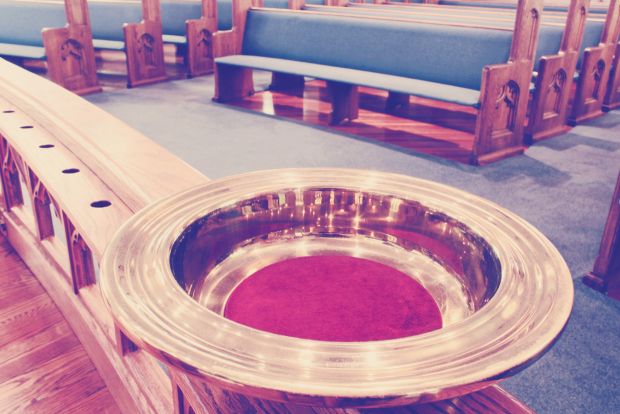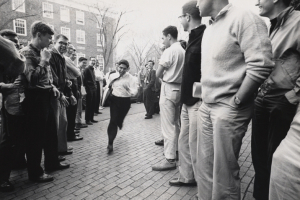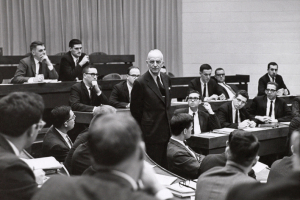If you knew then what you know now, would you have been more involved with faith and religion, and would you have given a bigger role to charity in your life?
Every now and then a newspaper story makes the rounds about how the poor give more to charitable causes than people of means. As a percentage of their income, this may be true. But the generosity of high net worth families is incontrovertible.
According to a 2010 study conducted by Bank of America Merrill Lynch, high net worth households account for between 65 and 70 percent of all individual charitable giving in the United States. Contributions don’t come simply in the form of dollars, either. High net worth individuals volunteered an average of 307 hours in 2009 — the equivalent of nearly eight weeks of effort at a full-time job.
The alumni of Harvard Business School's Class of 1963 confirm the value of sharing their time and money with others. One graduate summed up the equation of social responsibility by citing the Parable of the Faithful Servant from the New Testament: “To whomever much is given, of him will much be required; and to whom much was entrusted, of him more will be asked.”



